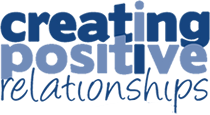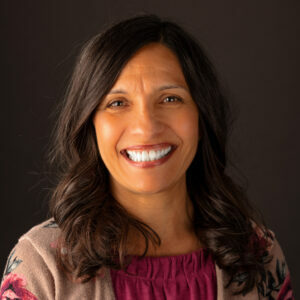Society loves sex.
Our society endorses so much sex through songs like “Strip That Down” by Liam Payne and “No Limit” by Cardi B, shows like Game of Thrones and Orange is the New Black, and praising celebrities like the Kardashians, a family who’s made their fame with their bodies. *CPR does NOT endorse any of the aforementioned songs, shows, or celebrities.
What’s more?
Pornography has become an epidemic. The Huffington Post reported that “porn sites get more visitors each month than Netflix, Amazon, and Twitter combined.” Still more, a large free porn site reported they streamed “75GB of data a second, which translates to enough porn to fill the storage of around 175 million 16GB iPhones,” in 2015, alone.
And yet, we find ourselves outraged when we hear of scandals like those involving Matt Lauer, Harvey Weinstein, James Levine, John Conyers, and so. many. more.
But why? It’s just sex, isn’t it?
These headlines are also revealing a gap in what we had begun to live and breathe as a society: Consent.
Our culture used to teach sex was fine as long as everyone taking part consented. But according to these headlines and society’s outrage, that’s not enough anymore. As one of Matt Lauer’s accusers points out: Consent isn’t always black and white.
If you put this normalizing of casual sex with the outcry for justice when people act on their sexual desires, it seems to portray a contradictory message: Our culture is teaching our teens that sex is great, they should have a lot of it, but they better be careful because it could all come back to haunt them later. What a confusing message, right? It seems the waters surrounding America’s sexual revolution are becoming a bit murky.
So what message would we rather our teens hear?
What if your teen heard sex wasn’t a bad thing and, in fact, when saved for marriage, it could be a wonderful thing between two committed, loving, respectful spouses?
What if the teens in your community learned what positive, healthy relationships looked like and how to identify harmful, unhealthy ones?
What if the people in your life learned how they should treat others around them, and in turn learn how they should be treated?
How would our society change? How would our communities change? How would your family change?
Our message of not just delaying sex until marriage but of having overall healthy relationships is now more relevant than it ever has been before!
At CPR, we’re passionate about teaching how healthy and unhealthy relationships affect a person emotionally, physically, mentally and socially. We call it our “whole body” approach. This includes talking about things like:
- Communication
- Compatibility
- Tools for problem solving
- Refusal skills to avoid risky situations
- Indicators of unhealthy relationships
- Teen pregnancy
- STIs
We help people set goals for their own relationships and then encourage them to make life choices that will help them achieve those goals. We advocate abstinence until marriage because of the affects sex has on a person as a whole.
Does this sound like a healthier dialogue we could be having with the people we care about?
We think so! Do you?
If so, there are a few things you can do about it!
- Talk with the people in your life, especially your kids. We all need to be talking about these recent events and how we feel about them.
- Talk to your school administrators. We bring our program into health class and, throughout the course of 5 days, dialogue about healthy and unhealthy relationships. If you want our program to come to your child’s school, start having those conversations with school administrators today.
- Become an instructor! We hold trainings where trainees learn our program along with many different tools to help make it all “stick.” Not sure what to say when you do have these conversations? This is a wonderful place to start!
- Model it. Show the people in your life what healthy relationships should look like by having healthy relationships of your own.
- Donate and keep our message alive!
The fact is, we’ve made our bed as a society and, unfortunately, now we’re having to lie in it. The exciting thing about it, though, is that it doesn’t have to stay this way! However, if we want to see changes in the culture our kids are growing up in, we have to be proactive and DO something about it.
What will you DO?




